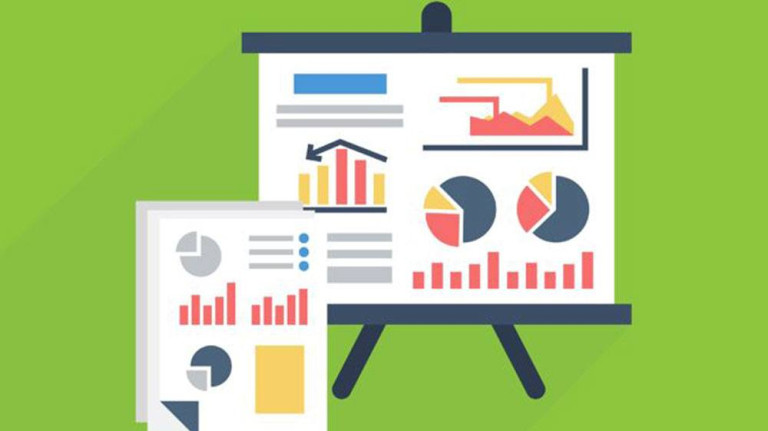Are you still using Excel for budgeting? Don’t worry, you’re not alone – but you may be missing out. There are lots of advantages to implementing a real budgeting tool and several great solutions to choose from depending on your needs. As a Microsoft Gold ERP partner, we’re publishing this post to help you understand the important factors to consider when evaluating a budgeting solution.
Origins of Budgeting Challenges
Whether you’re a small business or a large corporation, budgeting is a principal business process.
It’s a process that can be used for decision making, as a management tool and to improve your financial performance. So, why does budgeting present such a formidable challenge to many companies? In many organizations, the budgeting process is seen as annoying, confusing, burdensome and time-consuming.
Microsoft Excel to the Rescue….
Many organizations use Excel spreadsheets as it’s a powerful budgeting tool with few moving parts to manage, plus:
Despite its popularity, Excel has the following limitations:
As your business grows, you’ll find there are situations where Excel just isn’t enough, and you have outgrown its use for your company’s budgeting.
At this point, sticking with it will only limit your growth. Here are some obvious signs that you have outgrown Excel:
Excel is a powerful tool for budgeting for the majority of companies. But, when a company reaches a certain size, Excel’s limitations will cause inefficiencies, confusion, and general frustration.
At this stage, it’s time to ask your Dynamics partner for recommendations on budgeting tools. The best budgeting solutions actually integrate with Excel allowing businesses to import past data as a base for future forecasts. Integrated with Excel, a budgeting tool adds on the controls and collaborative functionality that turns uncontrolled spreadsheets into a useful budget.
With a cloud-hosted budgeting solution, users can access their budgets from anywhere, guaranteeing secure access to up-to-date data.
A cloud-based budgeting tool gives your business the flexibility to revise forecasts as market factors change and impact original budgeting assumptions. This allows your business to pivot to take advantage of new business opportunities.
Excel is a great budgeting tool, but only to a certain extent. Once your budgeting needs become complex, it’s time to check out a dedicated budgeting solution. Budgeting doesn’t have to be soul-crushing, number-crunching spreadsheet chaos, simply because you have outgrown Excel.
Here are some tools we confidently recommend to our clients:
If you’d like to discover budgeting software applications that will help you better understand your expenses and revenues, get in touch with the team at Admiral Consulting Group today and see how we can help!



